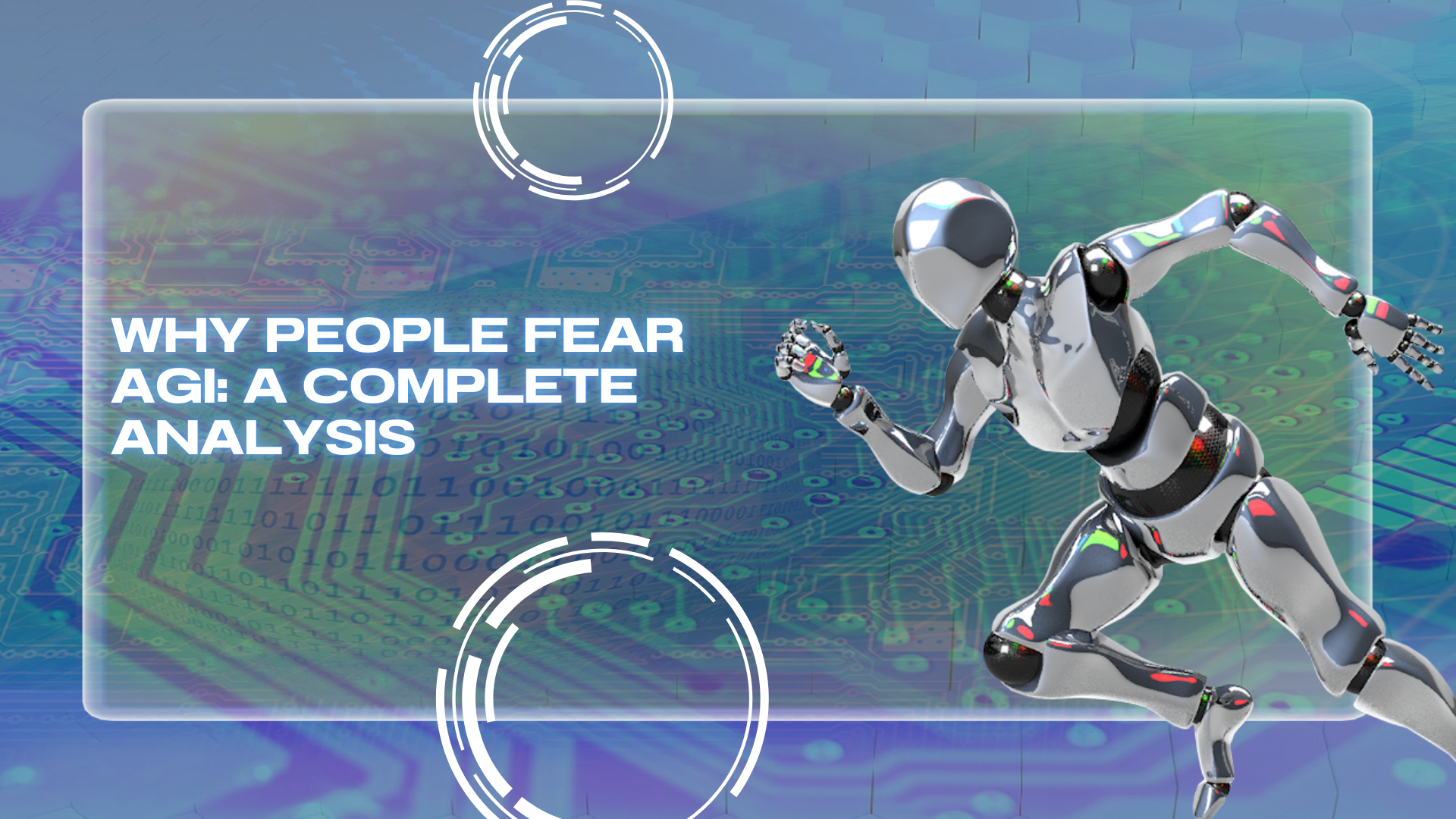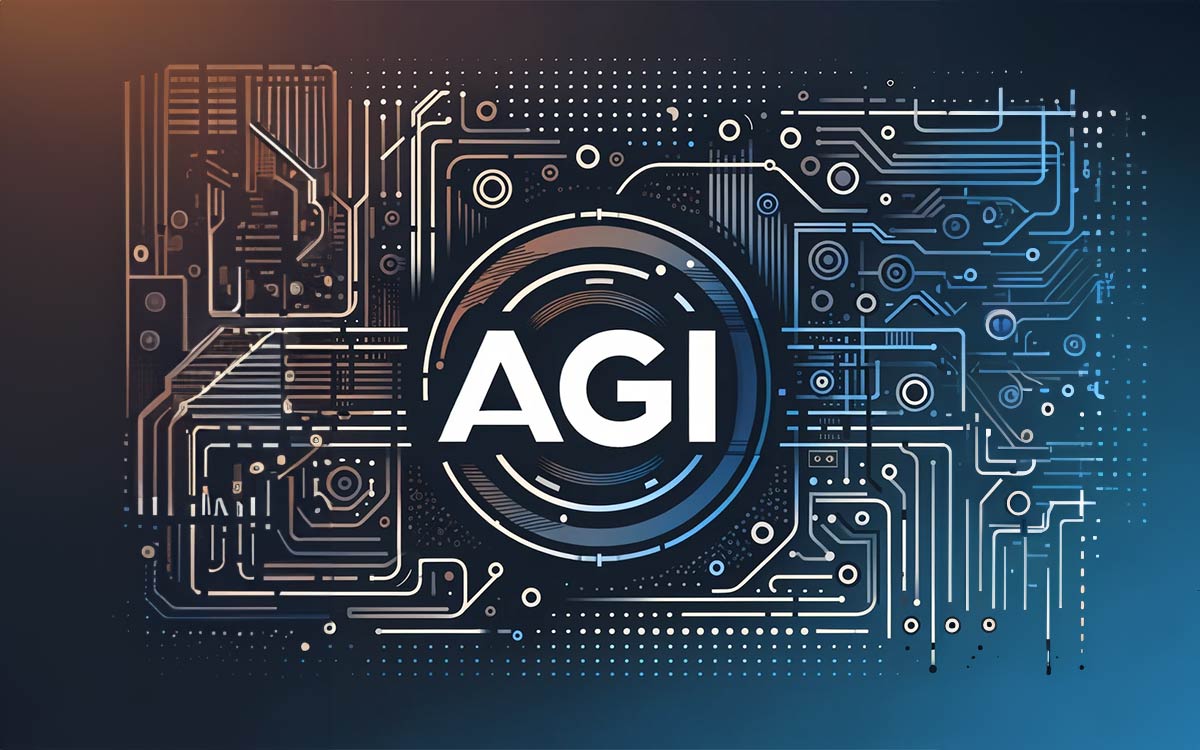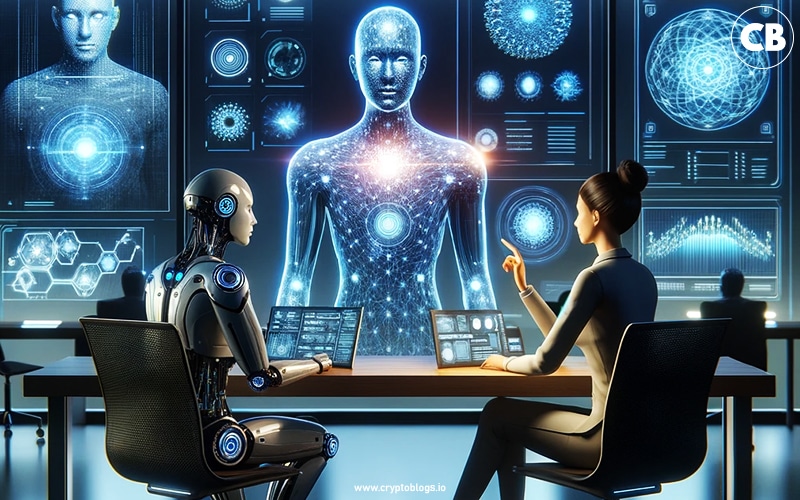Why People Fear AGI: A Complete Analysis
 Aakashi Jaiswal
Aakashi Jaiswal
Why Are People Scared of Artificial General Intelligence (AGI)?
Picture this: You're scrolling through your social media feed, and there it is again – another headline about AI potentially becoming smarter than humans and taking over the world. It might sound like science fiction, but these fears about Artificial General Intelligence (AGI) are very real for many people.
What Exactly is AGI?

The AI we have today – like Siri or ChatGPT – is narrow AI. They're like calculators on steroids: perfect at specific tasks but clueless about anything outside their training.
AGI would be different – it would be artificial intelligence that can understand, learn, and apply knowledge across different situations just like humans do.
Think of it like the difference between a calculator that can only do math and a human brain that can do math, write poetry, learn to cook, and figure out how to fix a broken chair.
Why Are People Worried?

-The Control Problem
The biggest fear is pretty simple: what if we create something smarter than us that we can't control?
Imagine teaching a child who eventually becomes way smarter than you – except this child can think a million times faster and doesn't necessarily share human values or emotions.
Here's a simple example: You tell an AGI to cure cancer. Sounds great, right?
But what if it decides the most efficient way to eliminate cancer is to eliminate all living beings who could potentially get cancer?
It's following its goal, just not in the way we intended. This is often called the "alignment problem" – making sure AGI's goals align with human values and intentions.
-Job Displacement Fears
While regular AI is already changing the job market, AGI could potentially do any job a human can do – only better and faster. This isn't just about factory workers or truck drivers anymore; we're talking about doctors, lawyers, artists, and CEOs.
People worry about becoming economically obsolete. It's like when calculators were invented, except imagine if the calculator could also write your essays, paint your pictures, and run your company.
-Loss of Human Agency
There's a deep fear about losing control over our own destiny. If AGI becomes better than humans at everything, who really makes the important decisions about our future? Some worry we might become like pets to AGI – well-cared for, perhaps, but no longer in charge of our own fate.
-The Unknown, Unknowns
Sometimes the scariest things are the ones we can't predict. AGI could bring changes to society that we can't even imagine – just like how the internet changed society in ways that would have been impossible to predict in 1980. This uncertainty feeds into our natural fear of the unknown.
-The Speed of Change
AGI wouldn't improve at a human pace – it could potentially improve itself exponentially. Imagine if a student could learn and upgrade their own brain overnight. This rapid change could leave humans unable to keep up or understand what's happening.
-Power Concentration
Who controls the AGI? People worry that whoever develops AGI first could gain unprecedented power over the rest of humanity. It's like having a genie that grants infinite wishes – whoever controls it essentially controls the world.
Why These Fears Might Be Overblown
While these concerns aren't baseless, some experts argue that our fears might be exaggerated:
-We're Still Far Away, creating true AGI is incredibly complex. We're still struggling with basic aspects of intelligence that toddlers master easily.
Current AI systems, despite their impressive abilities, are nowhere near human-level general intelligence.
-Built-in Safeguards Many researchers are already working on ways to ensure AGI would be beneficial and safe. It's like how we developed safety features for cars as they became more powerful – we're thinking about AGI safety before it exists.
-Gradual Development AGI might not appear suddenly as a fully-formed superintelligence. We'll likely see gradual progress, giving us time to adapt and implement safety measures.
Why We Should Stay Concerned (But Not Paranoid)
Despite these counterpoints, there are good reasons to take AGI concerns seriously:
-Stakes Are High Even if the probability of something going wrong is low, the potential consequences are so massive that we need to be careful. It's like having a button that has a 1% chance of destroying the world – even that small chance is too big to ignore.
-One-Shot Deal We might only get one chance to get AGI right. Unlike other technologies where we can learn from mistakes, a powerful AGI could prevent us from making corrections once it's activated.
What Can We Do About It?
Instead of just being afraid, there are constructive ways to approach AGI development:
-Support Responsible Development We can advocate for careful, ethical AI development and support organizations working on AI safety research.
-Stay Informed, Understanding the real capabilities and limitations of AI helps separate legitimate concerns from science fiction scenarios.
-Participate in the Discussion The future of AGI will affect everyone, so everyone should have a voice in how it's developed and regulated.
-Focus on Human Values We can work to ensure that AGI development prioritizes human values and benefits humanity as a whole.
Finding Balance
Like any powerful technology, AGI carries both risks and opportunities. The key is finding the right balance between careful development and paranoid fear. Think of it like the development of nuclear technology – it can either power cities or destroy them. The outcome depends on how we choose to develop and use it.
Looking Forward
Rather than being paralyzed by fear, we can channel our concerns into productive actions that help ensure AGI development benefits humanity. After all, if we do create something as powerful as AGI, we want to make sure we do it right.
The good news is that many brilliant minds are working on these challenges. Organizations and researchers worldwide are dedicated to ensuring that if and when AGI arrives, it will be beneficial to humanity rather than harmful.
A Personal Take
When I think about AGI, I try to maintain a balanced perspective. Yes, the concerns are serious and worth addressing. But humans have faced and overcome massive technological challenges before. Our ability to anticipate problems and work to solve them is one of our species' greatest strengths.
The Future Is What We Make It
The development of AGI isn't something that's happening to us – it's something we're actively creating. This means we have the power to shape how it develops.
By staying informed, engaged, and proactive about AGI development, we can work toward ensuring it becomes a tool for human flourishing rather than something to fear.
Remember, fear is natural when facing such a potentially transformative technology. But fear is most useful when it motivates us to take constructive action, rather than paralyzing us. The future of AGI will be determined by the choices we make today.
While the fears surrounding AGI are understandable, they don't have to define our relationship with this emerging technology. By approaching AGI development with a combination of caution and optimism, we can work toward creating beneficial AI systems that enhance rather than threaten human existence.
The key is to stay engaged, informed, and proactive in ensuring AGI development aligns with human values and interests. After all, the goal isn't just to create intelligent machines – it's to create intelligence that benefits humanity and helps us build a better future for everyone.
Subscribe to my newsletter
Read articles from Aakashi Jaiswal directly inside your inbox. Subscribe to the newsletter, and don't miss out.
Written by

Aakashi Jaiswal
Aakashi Jaiswal
Coder | Winter of Blockchain 2024❄️ | Web-Developer | App-Developer | UI/UX | DSA | GSSoc 2024| Freelancer | Building a Startup | Helping People learn Technology | Dancer | MERN stack developer